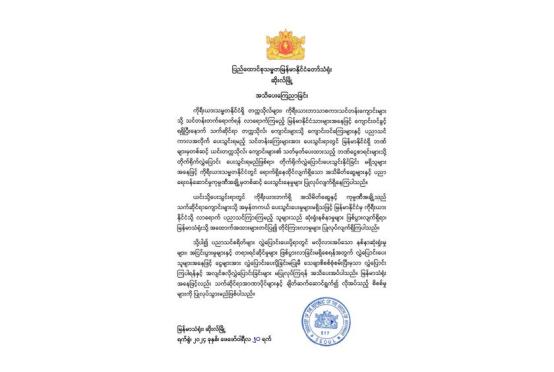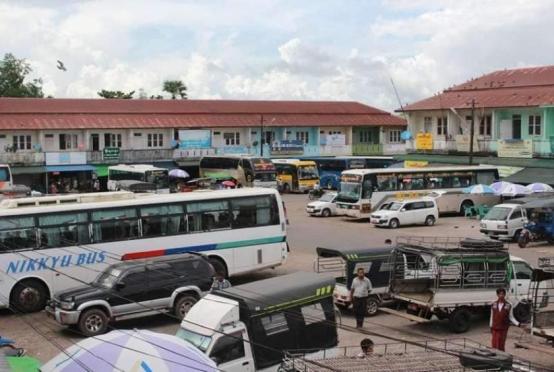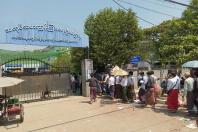The Island/ANN
Sri Lanka ranked 87th out of 138 countries in the Global Knowledge Index 2020. It has scored 42.1 – the second among South Asian nations. With a score of 44.4, India ranked 75th in the world and was ahead of other South Asian countries
Bangladesh has ranked 112th out of 138 countries in the Global Knowledge Index 2020. It has scored 35.9 — the lowest among South Asian countries.
The United Nations Development Programme (UNDP) and the Mohammed bin Rashid Al Maktoum Knowledge Foundation jointly released the 2020 Global Knowledge Index (GKI) at a conference in Dubai on Wednesday.
Among other South Asian countries, Bhutan scored 40.9, Nepal 36.2 and Pakistan scored 35.9.
Switzerland topped the Index with a score of 73.6. This is the fourth time in a row that the country has held the top spot. The United States is second with a score of 71.1 and Finland is third with a score of 70.8.
Factors, including education, technology, development and innovation have been considered in creating the index.
The index has been made based on 133 variables under seven sectors. These are: pre-university education; technical and vocational education and training; higher education and research; development and innovation; information and communication technology; economics; and general supportive environment.
The Global Knowledge Index (GKI), produced annually since 2017, is a summary measure for tracking the knowledge performance of countries at the level of seven areas, namely pre-university education, technical and vocational education and training, higher education, research, development and innovation, information and communications technology, economy and the general enabling environment.
It aims to measure the multifaceted concept of knowledge. The concept is a fluid one, often linked to related concepts such as ‘knowledge economy’ or ‘knowledge society’. It is also sometimes restricted to a narrow understanding that limits the focus to education or technology.
Given the variations in its use and meaning, the GKI aims to introduce a more systematic understanding of knowledge by breaking down the concept into its constituent components, thus recognizing the multidimensional nature of knowledge systems in all contexts and applications relating to economic and social structures. This allows a more meaningful and insightful exploration of knowledge policies in relation to different sectors. Additionally, it also enables a more scientific and evidence-based linkage between development and knowledge, in maintaining the notion of human development as applied by UNDP as well as the concept of sustainable development agreed by world leaders in 2015 in the 2030 Agenda for Sustainable Development.
Covering 138 countries and 199 indicators, the GKI provides a systematic tool for guiding and informing policymakers, researchers, civil society and the private sector to collaborate on different aspects of policies to foster knowledge-based societies and bridge knowledge gaps.















